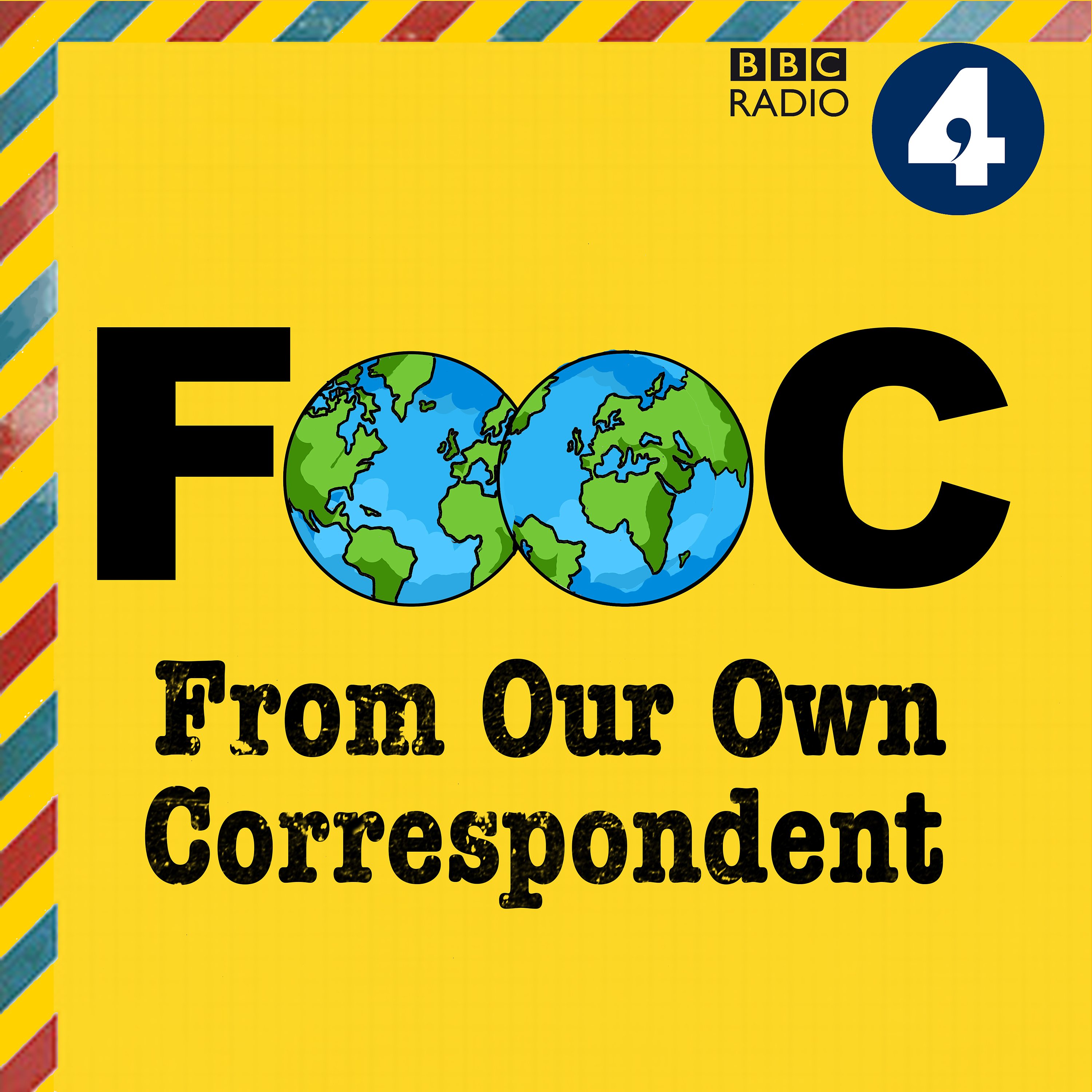Looking at America

b'
Journalists in Africa like to play a game where they take language often used in Western reports on African stories ("armed militias", "strongmen", "rigged elections") and apply it to the US. This has become more tempting, and yielding more ironies, recently. There is a further similarity in South Africa: could ex-president Jacob Zuma be a "proto-Trump"? Andrew Harding teases out the parallels.
China, too, is watching the US elections closely. And opinions are quite divided. Not, however, between those who are pro-Trump and pro-Biden, but between those who are pro- or anti-Trump. And, as Stephen McDonell reports, the pro-Trump camp unites some unlikely bedfellows, from Hong Kong activists and Falun Gong believers to Communist party leaders.
In Brazil, fires are burning again in the Amazon, to turn land that\'s been deforested into pasture. Jair Bolsonaro\'s government supports turning the rainforest into ranches. But with the Pantanal wetlands badly affected this year too, what does this mean for the future of Brazil\'s environment asks Katy Watson.\\nIn Russia, investigative journalist Irina Slavina was a thorn in the side of the local authorities in the city of Nizhny Novgorod, and was often punished with huge fines. And then after a dawn raid on her flat, she killed herself by setting herself alight, leaving a note to blame the Russian Federation. Sarah Rainsford went to Nizhny to find out more.
When coronavirus rules restrict our movements, going for walks closer to home can become more appealing. And previously unheeded details, such as who the streets are actually named after, can suddenly become interesting. Kevin Connolly finds his own neighbourhood\'s street names reveal a lot about the local history.
Presenter: Kate Adie\\nProducer: Arlene Gregorius
'